

How to Speak
In this talk, the legendary Patric Winston gives as a brief introduction on the best practices he found when giving a speech, presentation, teaching or just generally talking to someone.
Starting the Talk
Start with a Promise rather than a joke. A promise gives the audience a meaning, a reason for spending time trying to focus on you and your material. In the beginning of the talk people are putting their laptops away and still adjusting to your tone of speech.
Sample
- Cycle through the topic for at least 3 times as people were dumb
- 20% of mental fogging
- Lack of Attention
- Brain Acceptance of ideas
- Thinking and accepting ideas come from repetition
- Build a fence around your idea
- Make your Idea unique
- Do unique comparisons
- Verbal Punctuation
- Enumerate the topics
- Divide the talk
- Help people who lost their attention to come back
- Asking Questions
- Pause for 7 seconds
- Not too easy
- Not too hard
Time and Place
Where and when should you do your talk?
- 11 AM
- Everyone is awake
- Everyone Should have a free agenda
- People are more alert since they haven’t had food yet
- Well Lit
- Humans sleep on environments with bad lit
- No Sleeping
- Cased
- Imagine the worst place
- Try to know your place before the presentation start
- Populated
- Talk to a reasonable amount of people
- Don’t talk in empty rooms
Ways to Deliver the Message
Here are the best practices for adapting your content to the way you’re going to deliver the message
- Board
- Graphic
- Speed
- Target (Use and show your hands)
- Empathetic Mirroring
- Props
- Demonstrate phisically
- Creates very strong associations
- Also provokes Empathetic Mirroring
- Slide Shows
- Avoid Too many Slides
- Avoid Too many Words
- Stay near the Slides
- Get rid of titles
- Get rid of logos
- Eliminate Clutter
- Use big fonts
- Don’t use laser pointers (use arrows if necessary)
- Let some white space between content
- One overcomplicated slide at most for something you don’t want people to understand
Informing
In order to inform you first need to create a promise a call of exchange. When interviewing college students and professors, they reported the thing that most informed them was something that actually inspired them. People remember of inspirational talks, because you can’t actually force someone to do something, but you can make it excited and interesting, helping people find motivation to study the topic.
- Show passion on what you’re doing
- Demonstrate the power of knowledge
- Provoke people in a good way
“We are storytelling animals”
Teaching Something often evolves an amount of stories that
- Help people understand the word
- Give people the tools to understand how to measure things
- Give people mechanisms to think
People evolved in your talk might assume some information that aren’t presented during your talk therefore being invalid as critiques for debugging your presentation. The ideal debugger here is to ask help from a friend who don’t know what you’re doing.
If you can’t make me cry I won’t value you as a friend anymore
Older people kind of already know their place in the world, younger people still want to show you how smart they are, so when looking for someone to help you debugging your presentation, prefer older people.
Job Talks
What people generally expect in a job related talk or presentation?
- Vision (Under 5 Minutes)
- Problem that somebody cares about
- Something new on your Approach
- Done Something (Under 5 Minutes)
- List the Steps that need to be taken
- Show everything in 5 minutes.
- Conclude By Enumerating Your Contributions
Getting Famous
Getting famous is important if you want to be recognized.
- Why would you want to get famous?
- Is it fun to get famous? You get used to it.
- Is it fun to be ignored?
- How do you get remembered? (5S)
- Some kind of Symbol related to your work
- Have a Slogan for your job
- Surprise one effective example
- Salient Idea that sticks out
- Story on how you did it, how it works, why is it important

How to Stop
How to do the final step, what is the final slide, what are the final words, thank you? questions? the end? those are all missed opportunities to leave an impact on people just like Bret Victor
- List your Contributions
- What you talk about
- Things you demonstrate
- What did you get out of it?
- Final Words
- Finish with a Joke It is ok
- Using Thank You is not recommended (You kind of say sorry for taking their time)
- Promote a reflection
- ITE MESSA EST
- Salute the audience